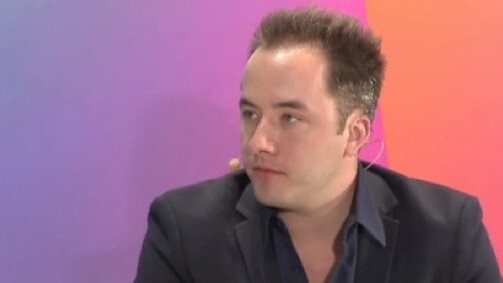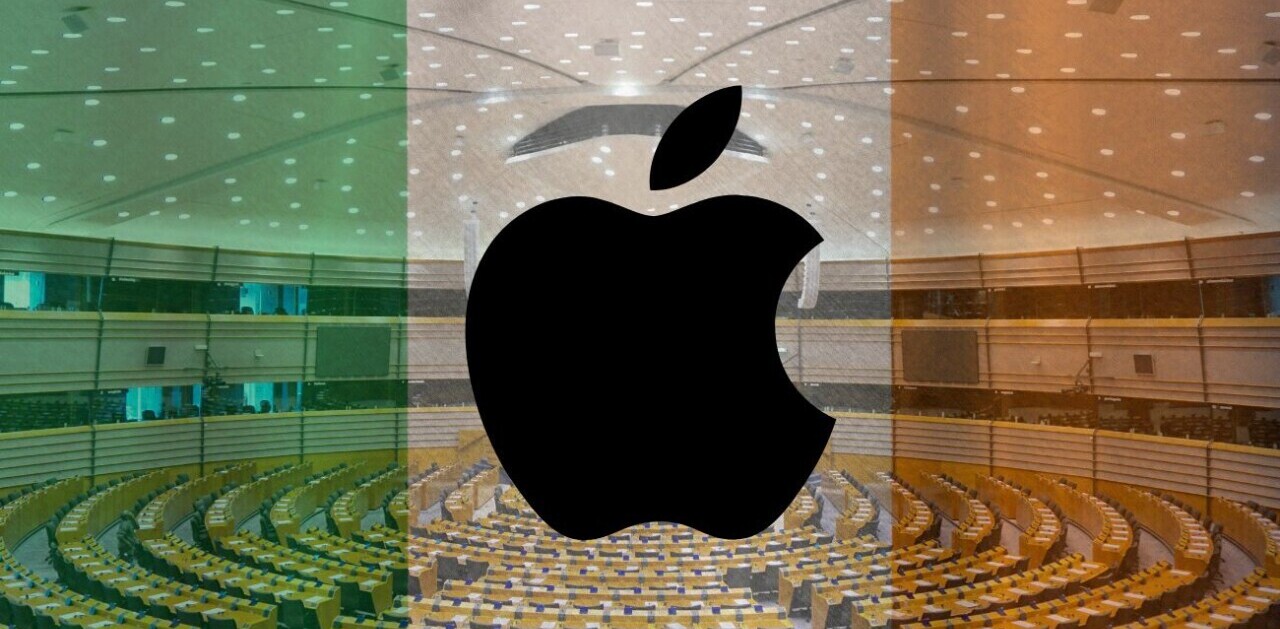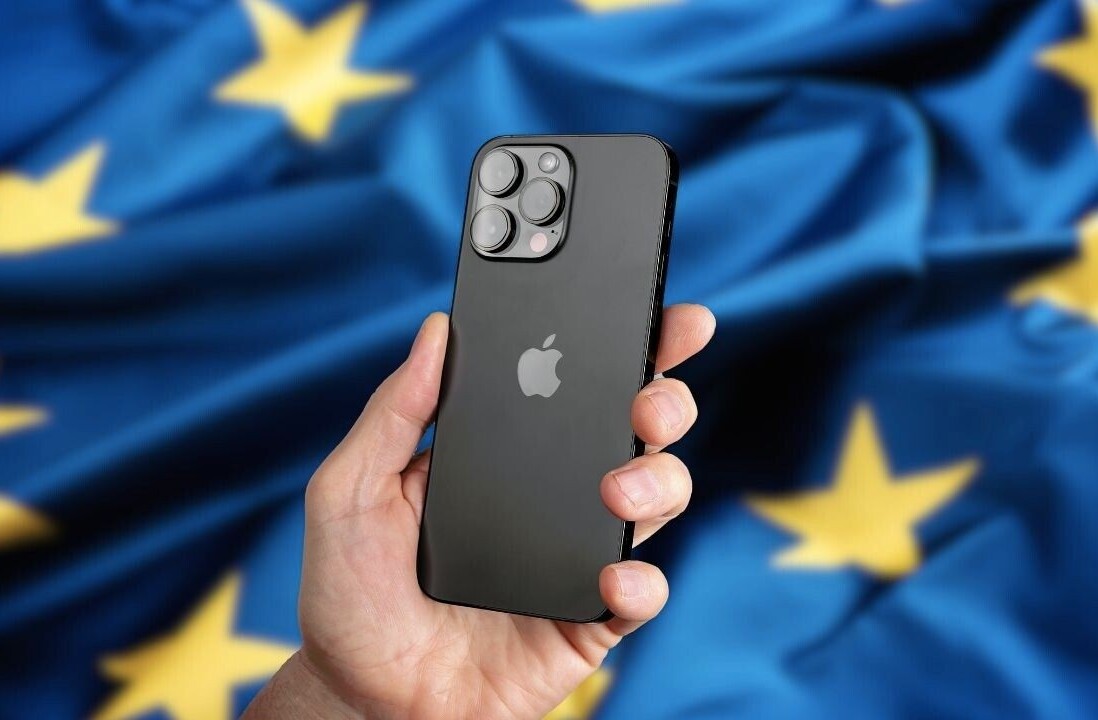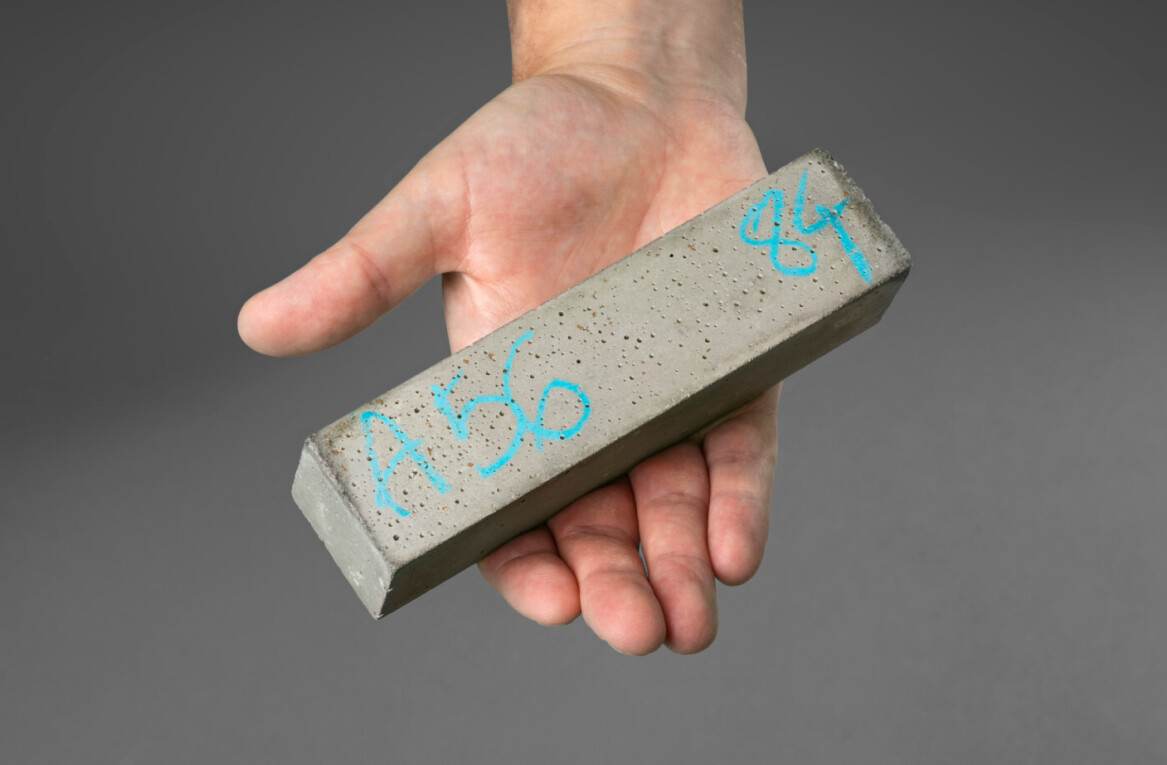
Apple’s MobileMe could have had a Dropbox-style feature built into the OS X Finder, but it was nixed by internal Apple politics, according to Dropbox founder and CEO Drew Houston.
Houston was talking to Wired UK editor David Rowan at the DLD conference in Munich today, and he discussed some of his past dealings with Apple, the company that previously made a bid to buy the cloud storage startup.
Houston said that apparently the team behind the failed cloud service MobileMe wanted to add a Dropbox-style feature directly into OS X (for use with MobileMe) but that the team responsible for the OS X Finder app “wouldn’t prioritize it, or wouldn’t build it” for them. MobileMe’s replacement, iCloud, also lacks any kind of direct OS X Finder interaction as yet.
The MobileMe team apparently talked to Dropbox in 2009 as they were interested in how it worked. “It was a little confusing to us,” admitted Houston, as the two teams probably sat 50 feet from each other.
Houston also discussed the difficulty that Dropbox had in integrating with OS X in order to offer the feature whereby a green checkmark displays in the menubar when all a user’s files are in sync. “From time to time Apple haven’t been terribly be happy about that,” he said, explaining that the startup needed to carry out some significant hacking at the OS to get it working. However, he also added “we have happy users at Apple”.
With a profitable business, 50 million users, and paying users spread across 175 countries, Dropbox seems to be doing fine without an Apple acquisition. Houston said that the company is kicking against the problem of cloud storage being a mere commodity by focusing on user experience and looking to “solve the papercuts in people’s lives.” He said there were hundreds of ways that Dropbox could be used to make people’s live easier in the future, and gave the example of helping people get content on their phones to display with ease on their TVs.
On the subject of its recent, epic $250m funding round, Houston explained that while Dropbox didn’t need the money for anything imminent, the company “just wants the flexibility to place big bets” in the future.
Get the TNW newsletter
Get the most important tech news in your inbox each week.




